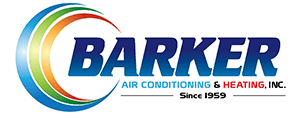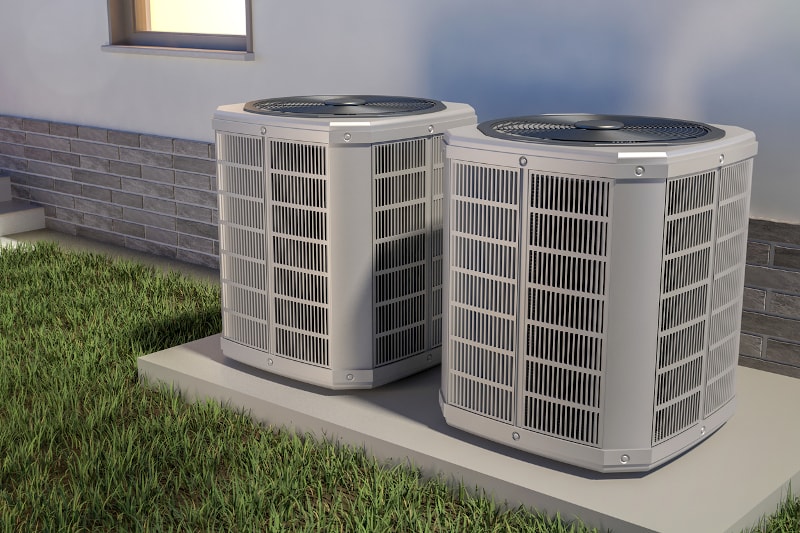Many households in Sebastian, FL, rely on a heat pump to maintain comfortable indoor conditions. However, like any other appliance, your heat pump won’t last forever. In case it breaks down, you need to decide whether to repair or replace it. Here’s a detailed guide that lets you know whether to repair or replace your heat pump.
Unusual Noises
Your heat pump should run smoothly with minimal friction or internal resistance. Therefore, constant and unusual noises are signs that parts have started to wear out. If the heat pump makes loud metal-striking sounds, the fan blades are hitting other metal components or something trapped inside the unit.
When you notice the problem early enough, call a service technician who can correct the issue and repair the damaged part. However, if your unit continues to operate this way, it can ruin the fan, requiring a replacement.
If the heat pump makes a buzzing or gurgling sound, you might be dealing with a dirty or burned-out motor that needs replacement. Loose cover panels also cause rattling sounds, but you can resolve this issue by tightening them.
Low refrigerant levels can cause some hissing sounds. If the noise persists after checking the individual parts, you may need to replace the entire system.
Unexplainable Rise in Energy Bills
If you notice an increase in energy bills while running your appliances normally, it signals an energy leak. You can perform an energy audit to know the exact cause of increased consumption. If your heat pump costs a lot more to run, consider replacing it with an ENERGY STAR-rated model that uses less energy.
Inconsistent Supply of Cold or Warm Air
If you notice that certain areas in your house feel colder or warmer than others, you need to look into your heat pump. There could be a leak in the ventilation system or issues of blocked vents. Have a service technician thoroughly inspect your unit.
At times, simple tasks like changing the filter or cleaning the coil can improve airflow. However, if your heat pump produces cool air while set for heating, it indicates a significant problem with the compressor, which requires replacement.
Heat Pump Occasionally Breaks Down
It’s normal for your heat pump to require repair once in a while. However, with continuous use, the heat pump elements begin to wear down gradually and are more likely to break down. In such a case, it’s a good idea to consider a replacement.
Repairing your heat pump once it reaches a breaking point will only strain the unit further and waste more of your money. If you service your system twice each year in spring and fall, you should only need to call a service technician once or twice for minor repairs.
Even when you have an older system, if it needs complex repairs after the warranty expires, get a new one. If the repair involves the compressor, evaporation coils or ductwork-related problems, replacing the heat pump is a more economical solution.
System is More Than 10 Years Old
If a heat pump works continuously for more than 10 years, it’ll eventually fail. Although repairing a 12-year-old heat pump can temporarily restore its operations, other components will begin to break down soon.
With an old heat pump, you’re more likely to experience a frustrating breakdown at the peak of the hot or cold season. If your heat pump is over 10 years old, avoid this inconvenience by replacing your old system with a new, energy-efficient heat pump, and have a professional install it.
If you notice any of the above signs, have a professional check your heat pump immediately. Based on the extent of the damage, a qualified service technician will help you develop the best possible solution, whether it means making minor repairs or replacing your entire system. Call us at Barker Air Conditioning and Heating to book an appointment for heat pump repair or installation services.
Image provided by iStock









